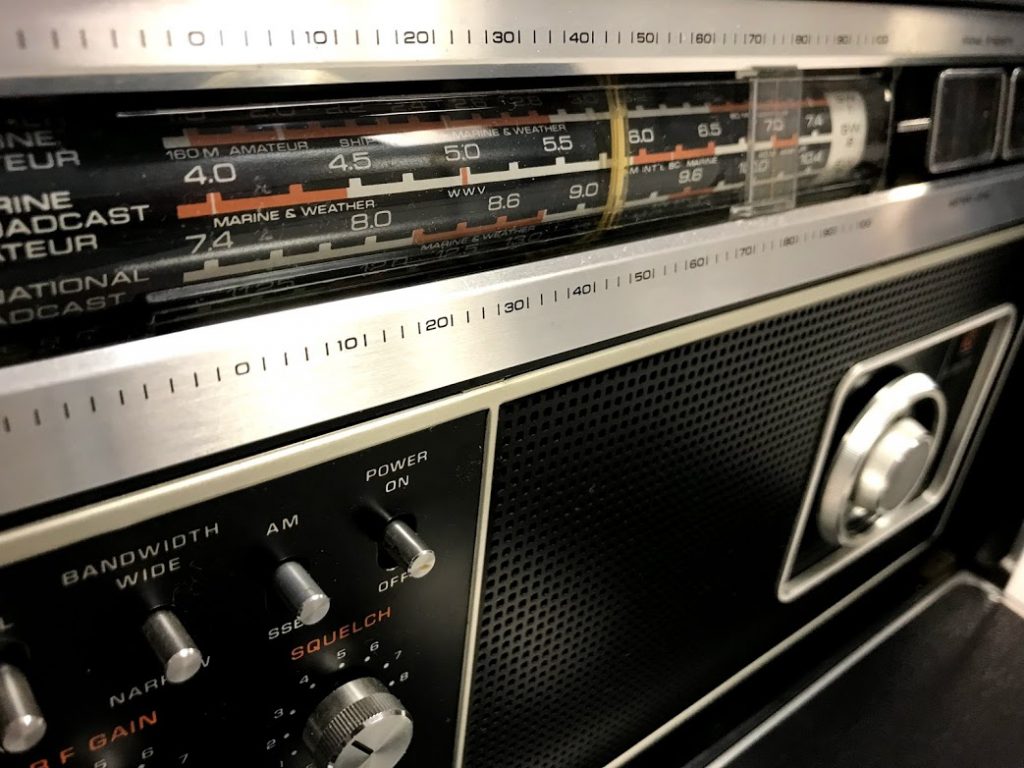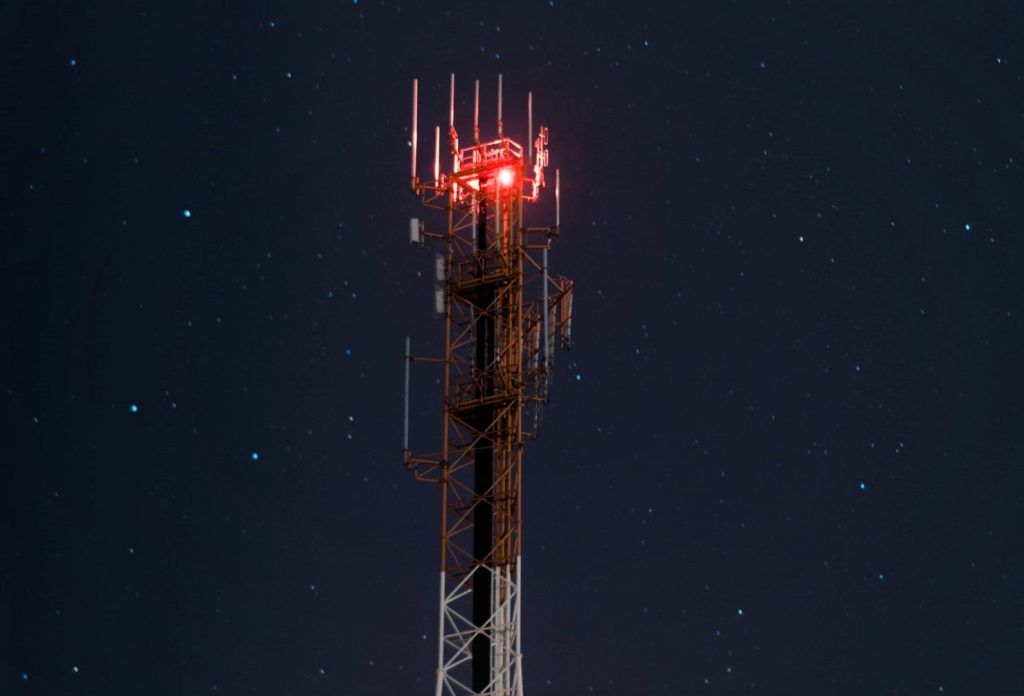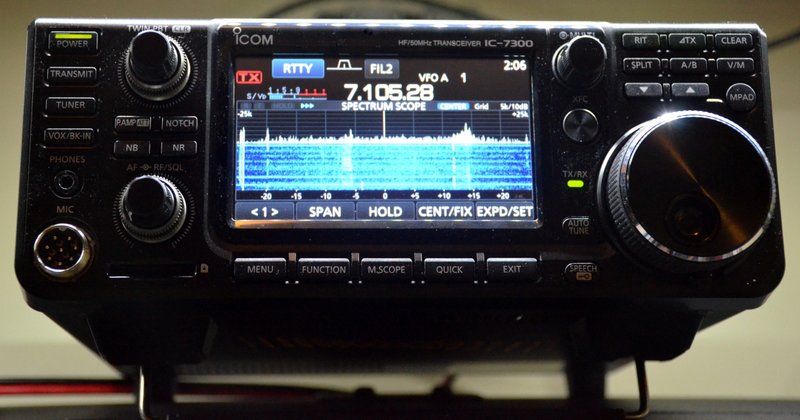 Radio Waves: Stories Making Waves in the World of Radio
Radio Waves: Stories Making Waves in the World of Radio
Because I keep my ear to the waves, as well as receive many tips from others who do the same, I find myself privy to radio-related stories that might interest SWLing Post readers. To that end: Welcome to the SWLing Post’s Radio Waves, a collection of links to interesting stories making waves in the world of radio. Enjoy!
Many thanks to SWLing Post contributors Ron, Paul, Marco Zennaro, and Richard Langley for the following tips:
If you want to go to the next level with software defined radio (SDR), there are a lot of choices. The RTL-SDR dongles are fine, but if you get serious you’ll probably want something else. How do you choose? Well, your friends at the European Space Agency Libre Space Foundation have published a paper comparing many common options. True, they are mostly looking at how the receivers work with CubeSats, but it is still a good comparison.
The devices they examine are:
- RTS-SDR v3
- Airspy Mini
- SDRPlay RSPduo
- LimeSDR Mini
- BladeRF 2.0 Micro
- Ettus USRP B210
- Pluto SDR
They looked at several bands of interest, but not the HF bands — not surprising considering that some of the devices can’t even operate on HF. They did examine VHF, UHF, L band, S band, and C band performance. Some of the SDRs have transmit capabilities, and for those devices, they tested the transmit function as well as receive.
The review isn’t just subjective. They calculate noise figures and dynamic range, along with other technical parameters. They also include GNURadio flowgraphs for their test setups, which would be a great place to start if you wanted to do these kinds of measurements yourself.[…]
Very few ARRL Volunteer Examiner teams have successfully conducted in-person exam sessions (following social distancing guidelines) and video-supervised exam sessions using fillable PDF exams and documents. So far, we have found that both types of sessions take volunteer teams two to three times longer to conduct and accommodate fewer candidates than sessions conducted prior to the COVID-19 pandemic. So far, the video sessions have included only one examinee per session.
We ask the community to be patient with our volunteer teams as they navigate uncharted territory. Please remember with the introduction of significant new processes such as these, that there should be proof of concept, establishment of protocols and procedures, and beta testing before expanding to a larger audience. Video-supervised exam sessions require a different skillset than in-person exam administration. Not all teams will be equipped to deliver video exams right away.
The ARRL Volunteer Examiner Coordinator (VEC) has been investigating options for an online examination system.
Fillable PDFs are cumbersome within a video-supervised exam session process. We recognize that online testing would represent a large-scale solution for our thousands of VEs and would make session procedures easier for our teams, but this will not happen overnight.
The ARRL VEC will continue to adapt and respond to the evolving crisis as we search for viable and easy-to-use online examination system solutions and conduct exam sessions in innovative ways.[…]
Ever since I was a little kid, I was fascinated that at night you could listen to radio stations from all over the country. My little Heathkit radio, which I built myself, could pick up stations in Minneapolis, Chicago, St. Louis, Denver, Little Rock, Pittsburgh to name a few. West coast stations were rare because it was tough getting a signal over the Rocky Mountains.
Then there was shortwave radio. A buddy of mine had one and he showed me a list of all the countries he was picking up. England, France, Germany, Latin American countries, numerous stations on the shortwave bands in America. Even Radio Havana coming out of Cuba. Anything from religion to hard edge rock and roll. He also noted he picked up Radio Free Europe and the Voice of America.
Well years later I would stop by my local Radio Shack and decided it was my turn to take up this hobby of monitoring shortwave radio. This particular radio also had a built in cassette player so you could record your found stations as well. It was really interesting to hear the news from other countries and get their take on what was happening in America.
One of the first frequencies I tuned in was WWV a shortwave radio station out of Fort Collins Colorado, that broadcasts the time via the atomic clock. The seconds tick off until the top of the hour when you hear a voice announce the time, followed by a tone that hits the top of the minute exactly on the nose. Great way to set the clock.
Now I know you can probably find all these shortwave stations on the internet, but what fun is that right?
With the covid-19 pandemic, this is a little something different than binge watching television, or building that 10th jigsaw puzzle or cleaning out that closet again and again.
Have a chair on the patio, a glass of your favorite beverage, extend the antenna, and start turning up and down the dial and see what you can find. I had a little notebook that I kept track of my searches. Don’t have it now though…lost it.
I’ll start a new one.
Stay safe everyone![…]
‘I am just one of those people who was very fortunate, where things worked out, and where I could do not just do one thing I really enjoyed in life, but two’
Brian Levy loved science as a kid. He had a microscope, read up on stuff in the encyclopedia and messed around with home experiment kits. During his high school years, he took every science credit possible. By his own admission, he was a “geek,” one with an equally strong passion, alongside science, for electronics.
Levy knew how to operate a shortwave radio. Weekend teenage heaven, in his mind, was hanging around the local RadioShack store, a warehouse of gizmos where he scored his first part-time job in 1974, earning US$1.40 an hour at a shop in downtown Atlanta. He was 15, which, alas, was too young to be working for the company, according to the folks at corporate headquarters in Texas, who fired him upon receiving his paperwork.
The dismissal didn’t sit well with Levy.
“I actually called the vice president of human resources in Texas,” he says. The executive was impressed by the moxie of the kid. On the day he turned 16, Levy was hired back.
[…]Levy did not foresee the premature end to his business career. When it came, rather than being crestfallen, he felt liberated, and free to pursue an “itch” that he had always felt the need to scratch. So he applied to medical school at McMaster University in Hamilton, ON. (Levy came to Canada in the first place after relocating RadioShack HQ north of the border as CEO. He is now a dual citizen, although his soft, buttery accent betrays his roots in the American south.)[…]
Do you enjoy the SWLing Post?
Please consider supporting us via Patreon or our Coffee Fund!
Your support makes articles like this one possible. Thank you!





